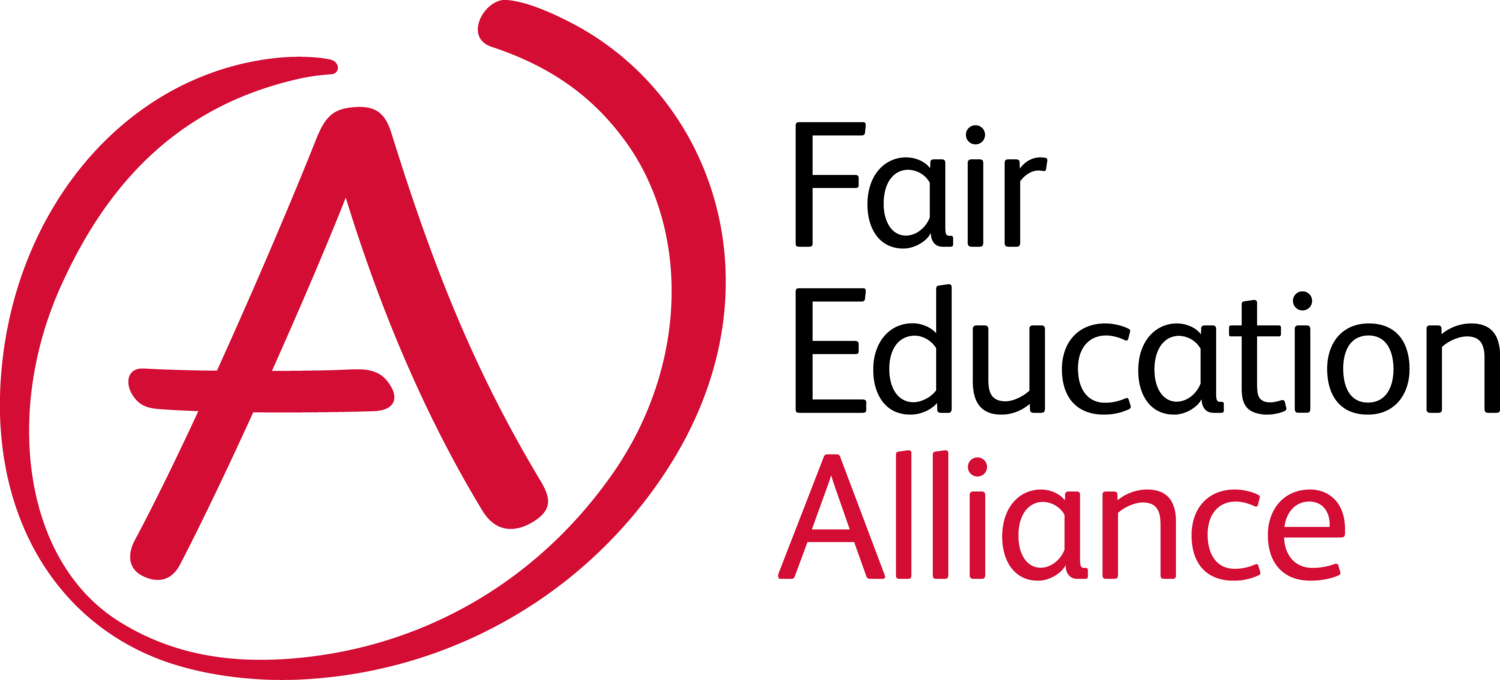Almost all Primary and Secondary teachers in England recognise the value of students taking part in social action activities like campaigning, fundraising and volunteering. And yet, only a third of them feel social action is part of their school culture, according to a Teacher Voice Omnibus survey carried out the NFER for the #iwill campaign.
The study indicates that social action is more widely understood and embedded in Secondary Schools – over half of teachers surveyed felt it was part of their school culture. The majority of Primary teachers however, either didn’t know whether social action was part of their school or hadn’t thought about it. This comes at the same time as additional research shows that young people who are committed to social action often start before they reach the age of 10.
The National Association of Head Teachers (NAHT) joins a growing number of education partners that also includes the Fair Education Alliance, backing the #iwill campaign to make social action part of life for more 10-20 year olds in the UK by 2020.
General Secretary of the school leaders’ union NAHT, Russell Hobby said; “NAHT is proud to be supporting the #iwill campaign. Youth social action provides the opportunity for young people to develop and demonstrate their character strengths while benefitting others. School leaders already recognise the value of this for young people. NAHT will be working with #iwill to celebrate activity and raise awareness among school leaders and teachers about the benefits of social action amongst pupils.”
Alongside these new findings, there is a growing body of evidence that young people who take part in high-quality social action initiatives, develop exactly the kind of 21st century skills and character qualities that employers are calling for. Many school leaders are already seeing the benefits.
“Transforming a community is about changing perceptions of young people towards their community. Youth social action encourages young people to look with fresh eyes at their communities and to see ways in which they can help make a difference.” Andrew Day, Executive Director, Northumberland CofE Academy.
“I am totally committed to social action because it makes a real difference to our students’ academic education and their social education. For me, the foundation of our school is about good citizenship. We think giving children the opportunity to make a difference should happen as soon as they start Primary school.” Rekha Bhakoo, Head Teacher, Newton Farm Nursery, Infant and Junior School, London.
Students themselves want more chances to make a difference. 81% of secondary school pupils in England say they want their schools to do more to help them participate in social action (Ipsos MORI 2015).
The Fair Education Alliance have been working with the #iwill campaign to ensure young people develop key strengths, including character, wellbeing and mental health, to support high aspirations. Director Lewis Iwu said: “The Fair Education Alliance are proud to support #iwill campaign. We know that for young people, participation in social action is associated with positive levels of wellbeing and the #iwill campaign is a great example of a project that successfully inspires young people to serve their community.”
“We know that great Head Teachers already make social action a central part of their school culture. This has the double benefit of ensuring all of their students have the chance to make a positive contribution to their communities whilst developing the character qualities & skills that will set them up for life. We are delighted that NAHT have joined the #iwill campaign, and look forward to working with them to encourage even more Head Teachers to transform the life chances of their students through youth social action.” Charlotte Hill, CEO Step Up To Serve and the #iwill campaign.
Another key finding from #iwill campaign research is that just 41% of students in schools are getting involved in social action, and that there is a significant socio-economic gap in participation.

